(Psst: The FTC wants me to remind you that this website contains affiliate links. That means if you make a purchase from a link you click on, I might receive a small commission. This does not increase the price you’ll pay for that item nor does it decrease the awesomeness of the item. ~ Daisy)
What is wealth? Let’s face it. We live in a society where money matters a lot. Unfortunately, the value placed on wealth in North American culture means that money seems to become a yardstick to measure people’s relative value. And, this can lead to people who have less feeling like less.
I want to offer some inspiration for folks like me, who may have less cash, but have lots of value! In this article, I provide an opportunity to consider what exactly wealth is and some different ways to think about it other than the worldly water we find ourselves swimming in. Given the times we live in, this is not an insignificant thing. More challenging times may be ahead.
I offer you…
Free Frugalite meditation for perspective and strength to face challenges
I think of it this way: Your problems might be like your hand.
Look at your palm close to your face. That’s all you can see, right? It’s huge! It blocks your view. Take a step backward. You see the sky, the horizon, maybe some trees. Perhaps the sun is shining. What size is your palm? Is it smaller? For the moment, perhaps it is a bit more manageable.
I know this article can’t take away serious money problems. I have been there and have felt that pain. (If you are dealing with poverty, check out this FREE book.) However, I am trying to offer a mental way to step back from that pain to take a larger perspective. Meditation is something that I practice regularly (certainly not perfectly!) and it does help me. I hope it will offer something helpful to you.
What is wealth in our world?
In these days of the concentration of extreme wealth, so many people worldwide still go without. Even today, over 700 million people, about 10% of the total population in the world, live on less than 2 dollars a day. Yes, indeed, this fact may not help you pay that utility bill that is a hardship this month. However, recognizing that you are fortunate in the global context could help you feel more grateful for the things you do have.
When considering the global context, it is helpful to consider relative poverty, which looks at people within a country and compares their relative wealth and absolute poverty, which compares everyone in the world across countries.
Here are some numbers on relative poverty in America: “In the U.S., 10.5% of the population – 34 million people – live in poverty as of 2019. For an individual in the U.S., the poverty line is $12,880 a year, or about $35.28 per day.” [source] Being poor in the American context (or the Canadian context, which I have lived myself) means going without and facing an enormous amount of hardship and unrelenting stress.
Let’s consider absolute poverty in the world context
Beyond considering living on less than $2 a day, there are quality of life issues with absolute poverty, which means many basic needs are unavailable. These challenges for a person can include:
- little access to food and basic nutrition
- children dying young due to poverty-related factors
- limited access to schooling-or you can’t attend as you must walk to get water for the family
- hard to find fuel to cook for your family
- no toilet/plumbing-outdoor toileting is contaminating local water supply
- little to no access to clean drinking water locally
- no electricity
- you are homeless or living in a huge slum
- you own little to nothing
How will this help me with my current struggles?
You may be going through a difficult time, and you might be thinking, “Yes, I know these things, but it doesn’t affect my struggles daily. This isn’t really helpful.” I know this perspective will not be convincing to everyone, and that’s ok. I will share one final statistic with you that got my attention: “While the average person in the United States lives to be 78, the average person in Sub-Saharan Africa lives to be 60.” [source]
Yes, that really sums up the effect of absolute poverty. (And certainly, as 78 is an average: there would be effects to living in poverty in America, which I do not intend to minimize.) However, if you consider the global context, if you are born in America, on average, you have an extra 18 years to live. What can you do with those 18 years? Can you learn something new? What can you do to enjoy those 18 years? Is there something you can accomplish in your retirement that is a dream you have always had? Being born in North America can be something that can allow us to connect with a feeling of gratitude and recognize that there are blessings in our lives in the global context.
There are significant health benefits to simply feeling gratitude. Considering where you are in the larger world context might be one way to tap into the feeling of gratitude in your life. I use this gratitude as fuel to look around and find a way to make a difference.
What is wealth according to YOUR values?
Beyond considering the global context, I believe another way to connect with a feeling of personal wealth is to reflect consciously on your values. With so much focus on material wealth around us, it is difficult to oppose these values unless intentionally.
Which raises the question: To what extent have you defined your own values in your life?
Where does money/wealth fit into those? What are the ten most important things in your life? What and who can’t you live without? Who are the people who have been there for you in difficult times? Who have you been able to help out yourself? Take a few minutes today and write this down. You won’t regret it! Doing a personal inventory during a difficult time could help you see what you still have going for you, both in terms of personal qualities and people in your life.
Putting material wealth in its place in your life can help you live more contentedly through times where money is tight. If you feel strong in setting priorities with your life, you can stand stronger against the bombardment by the advertisements trying to make you feel “less than” if you don’t own this or that product. Daisy is a wonderful example of setting her values regarding wealth: She lives her dream life traveling the world, spending on what she sets as her priority.
What is wealth according to YOUR context?
A final point I would like to leave you with is that only you understand your context. Society may only look at your pocketbook or what you own and judge you. Do you have a disability, visible or invisible, that has created challenges in your life? Have you had to climb your own personal Everest to get out of bed in the morning?
I have faced times of substantial disability in my life; sometimes, this has affected my ability to earn. One of the biggest lessons I learned from this was to have the same compassion for myself that I like to offer others. Others can’t see the mountain I climbed to get where I am, but I can take pride in my accomplishments and my ability to survive difficulty and thrive. I consider my strength and endurance to be a valuable kind of “wealth.” I hope you can offer yourself similar compassion, regardless of what challenges you have overcome and what may lie before you.
Healthy, wealthy, and Frugalite wise
How do you define wealth? Do you agree or disagree with the reflections on true wealth offered here? Do you have another one you can share with us? Please tell us in the comments below.
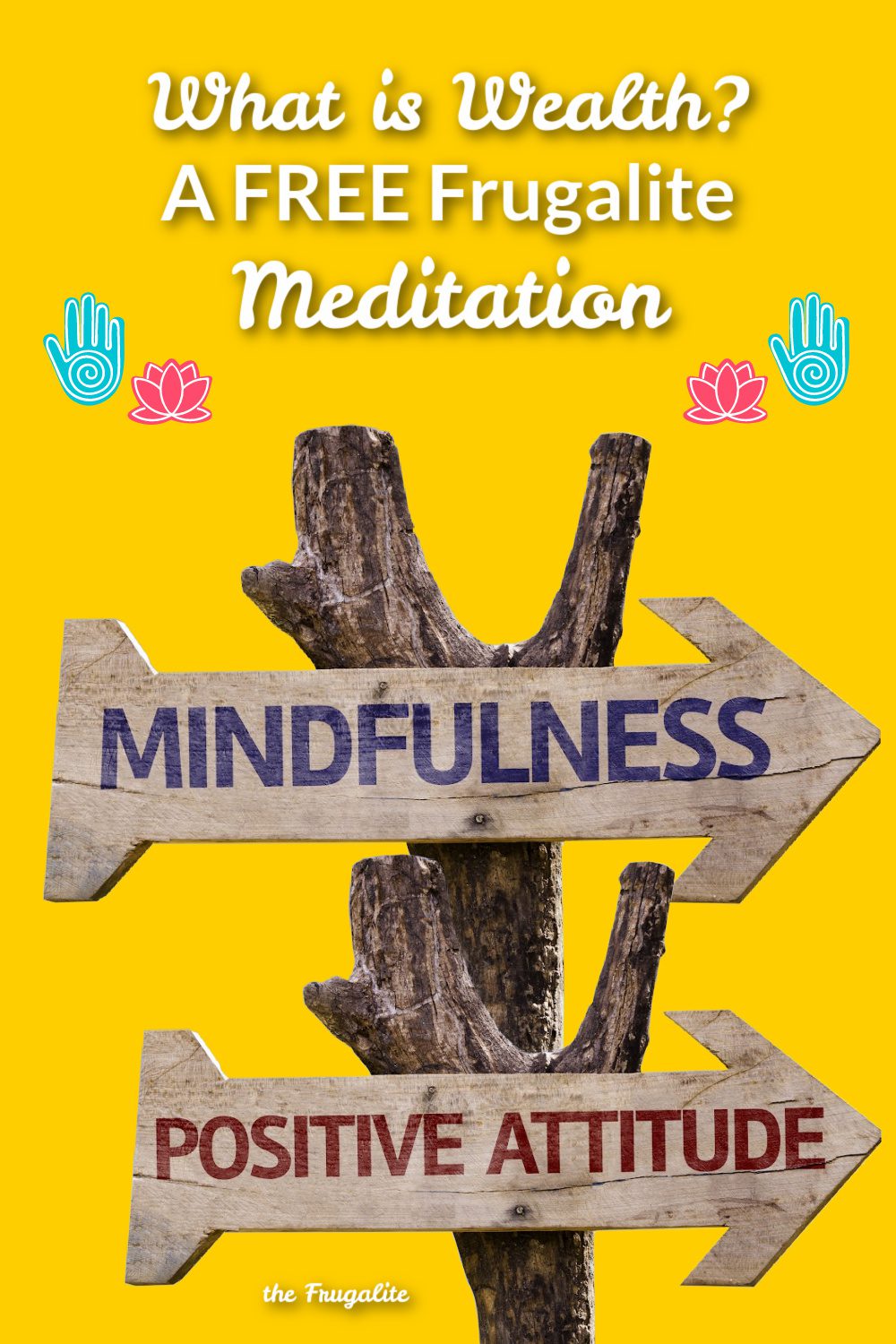

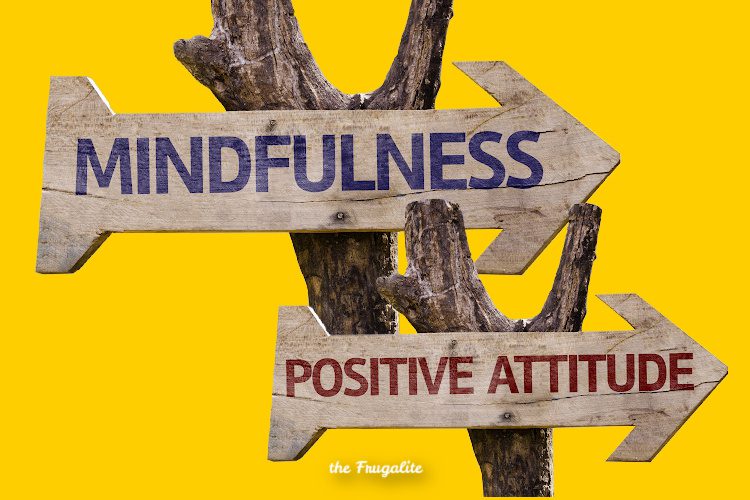
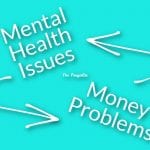
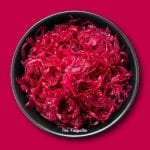
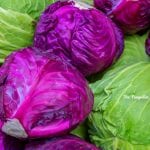

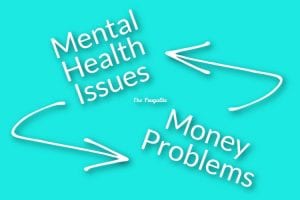
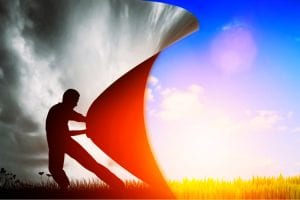



10 thoughts on “What is Wealth? A FREE Frugalite Meditation”
It’s certainly true that the poor in the US are wealthy compared to global standards of poverty. I also find it true that judgement comes from a place more interested in power than compassion, and as such is often rendered unfairly. One of my Inspiring Quotes emails a few days ago teaches us to stop worrying what others think. It’s very liberating.
Wealth to me is the ability to maintain a comfortable life. I define that as my house with a garden space, my cats and my hobbies to love, a comfortable retirement when I get there, and a few friends to hang out with. Which costs me a minimum of $2k USD per month to maintain. Like it or not. And today, duty calls 😀
Hi Jayne, I hope your home-based work is going well today! Thank you so much for reflecting so deeply on the themes of the article. I find we share many values in common in how we define wealth and a comfortable life. I don’t have any pets right now, as my budget doesn’t allow it, but I do plan to get a dog and possibly a cat in the future. I know that the companionship and love that they offer is priceless! Thank you for sharing your thoughts.
Your article reminded me of some bits from my favorite economics author, Frank Shostak:
What Is “Real Wealth”?
“Essentially, the pool of real wealth is the quantity of consumer goods available in an economy to support activities engaged in the production of present consumer goods and activities that are engaged in the enhancement and the buildup of the infrastructure. That part of this pool of real wealth that is put aside to provide for the buildup of the infrastructure is known as real savings while the act of allocation itself is known as investment.” …
“Savings are the amount of consumer goods produced in excess of the consumption of these goods. For instance, if a baker produces ten loaves of bread and consumes two loaves his savings are eight loaves of bread.”
He has some more in-depth stuff online (yet easy to understand) if you’re interested. Savings has nothing to do with money.
Hi Helot, Thank you so much for taking the time to share some quotes from your favourite author. While Frank Shostak is writing about economics in the more traditional sense, I see connections with my own writing in the metaphorical and spiritual sense. Much appreciated!
Myself, I thought there was a root of a metaphorical and spiritual sense within the idea, “if a baker produces ten loaves of bread and consumes two loaves his savings are eight loaves of bread”.
Not sure I know how to articulate the thought further. A, ‘hands in the dirt’ expression?
When I think of wealth, I think of my children. I have safe water for them to drink and plenty of food to feed them. I have a house in a relatively safe area with heat, ac, running water and doors that lock. I have access to amazing medical care for them, regardless of my ability to pay, they won’t be refused life saving care. My children are educated, free of charge, at a school of my choice, an excellent school. My children have weather appropriate clothing and too many toys. I have all the resources to keep my children safe and healthy. As a parent I can’t imagine not being able to do that for my kids but I also know there are many, many mothers that have major roadblocks in providing just the basics. Thinking of this breaks my heart but never fails to make me infinitely grateful.
Krispimae, What a beautiful meditation you have written about your own ideas of wealth in relation to your children! This is a wonderful addition to this article for all Frugalite parents. I worked in international development briefly in India. Something I have never forgotten was talking with parents living in absolute poverty: the pain they felt that they were unable to afford and access basic medical care for their children. This tormented them. I think the gratitude you feel for your own situation with your children is also communicated to your children, too. That is a blessing for them, as well. Thank you for sharing!
Heard on the AM radio today ~ a woman called in, mentioned that while growing up, she had to share a toothbrush with 24 other people. End of the radio show: be thankful you have your own toothbrush.
I grew up on a bare subsistence farm-in Texas. I was responsible for chopping kindling from an early age with a double-bladed axe with a short handle—we could not afford a hatchet or a new handle for the axe. In the summer from age 12 on I helped bale and haul hay. It was a hot, dirty job. At the end of the day a shower was a great pleasure. We had a water supply for the bathroom but no water heater. Summer or winter cold showers were what we had. I can still take very fast showers. To me wealth is heat that doesn’t involve wood and hot water for showers.
Thank you so much for sharing, Mary! I can see that your undertanding of wealth comes from your early-learned lessons of hard work on the farm in your childhood. I’m sure you appreciate a hot shower more than most! I think that is a great thing!